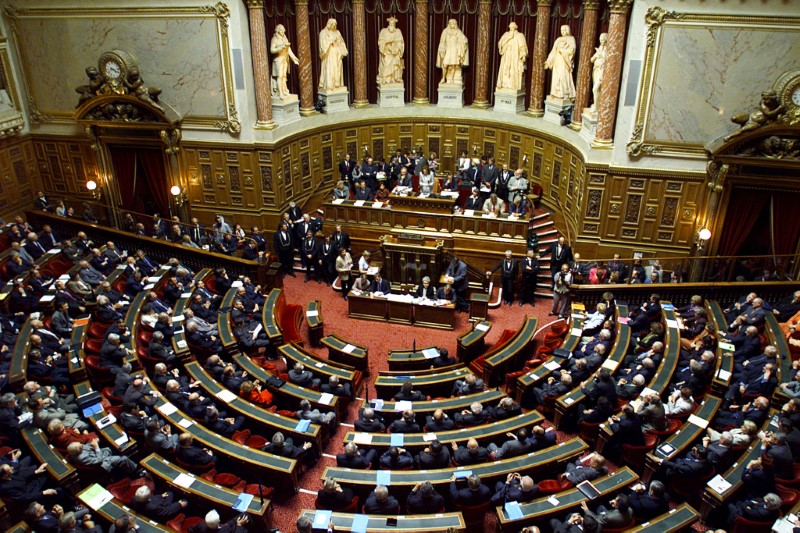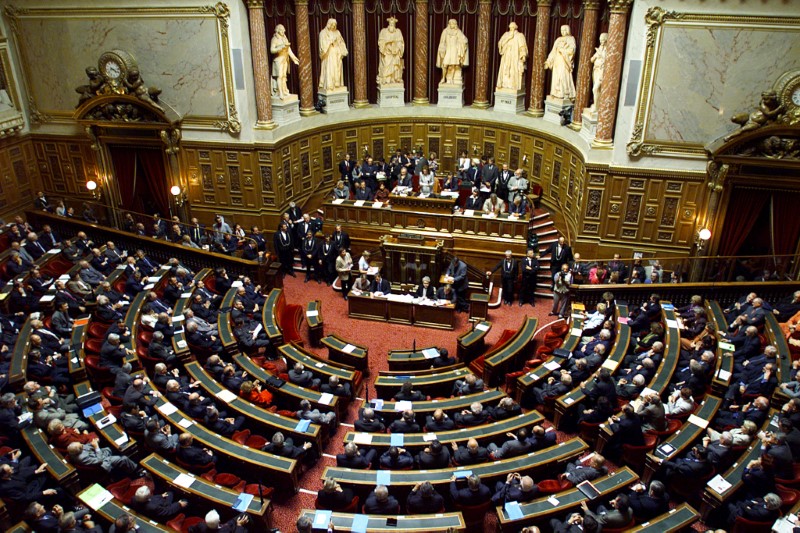
Investing.com – The political context in France remains uncertain as the appointment of a new Prime Minister is still awaited, as highlighted by UBS in a note published on Wednesday.
The bank’s analysts reminded investors that following President Emmanuel Macron’s refusal to appoint Lucie Castets, the candidate proposed by the left-wing alliance New Popular Front (NFP), as Prime Minister, the political situation remains tense as the country prepares for the new school year and the Paralympic Games.
The rejection of the NFP’s candidate by President Macron puts France in an unprecedented situation, notes the bank. With a budget plan for 2025 expected to be presented in the coming weeks, the absence of a new Prime Minister adds to the uncertainty. The NFP alliance, despite having won 193 seats in the National Assembly, falls short of the absolute majority needed (289 seats).
Furthermore, other parties have indicated they would vote in favor of a no-confidence motion if an NFP government were to emerge. Macron must therefore quickly find a compromise to avoid an institutional deadlock as the budget presentation is imminent.
The report emphasizes that significant changes in fiscal policies are unlikely, particularly due to the right-wing majority in the Senate, which is unlikely to tolerate budgetary slippages.
Under the EU’s Stability and Growth Pact, France, currently under the excessive deficit procedure, must implement a fiscal consolidation of at least 0.5% of GDP per year. The new government will need to initiate technical discussions with the European Commission and submit its multi-year fiscal structure plan by September 20th.
The political uncertainty in France could also impact financial markets. UBS’s report mentions that the spreads between French and German Bund bonds remain high compared to historical levels.
With limited visibility on political and regulatory decisions, market volatility on French bonds could persist. UBS therefore sees better investment opportunities in countries offering a more stable debt trajectory.

